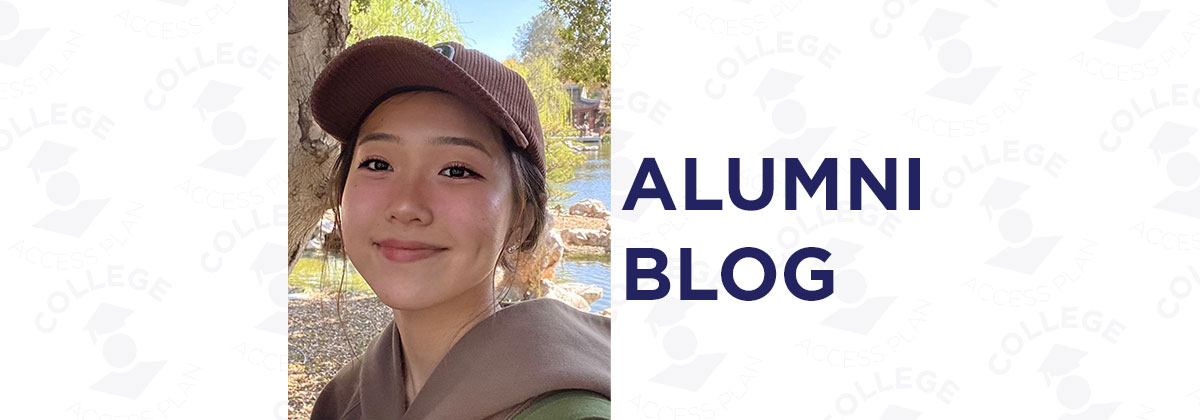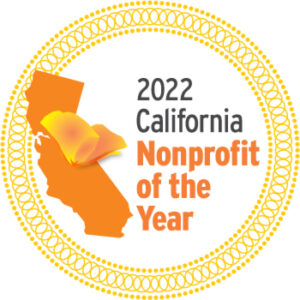Ever since immigrating to the United States at the age of six, I experienced a profound disconnection from my cultural identity. With my parents and sibling serving as my sole ties to my heritage, I spent my elementary, middle, and high school years without encountering anyone who shared my cultural background. Throughout my academic journey, I stood as the only student fluent in Japanese and knowledgeable about Japanese customs, perpetually feeling like an outsider. I would hide my lunches from my friends in elementary school because I hated the fact that my lunches looked drastically different from my friends’ lunches. When my parents called me, I would deliberately distance myself from my friends, ensuring they couldn’t hear me speak Japanese. Shame and embarrassment became intimately entwined with my cultural identity.
Upon beginning my college education at UCLA, I was astounded to find many communities who shared the same language and customs. My first encounter of a community that has had a significant impact on my college years was during a club fair, where I discovered the Japanese Student Union (JSA) and the Japanese and American Language Club. Waves of familiarity washed over me, yet a colossal wall that had built up over the years left me hesitant to embrace my language. However, as I began to attend JSA events, I met numerous Japanese students. Slowly but surely, the mental barrier disintegrated, giving me increasing comfort in expressing myself in Japanese among my newfound friends. Some even approached me to tell me how they admired me because of my ability to speak Japanese so well. These events even hosted traditional Japanese foods, evoking a profound sense of validation, acceptance, and understanding that had eluded me for so long. No longer burdened with the constant need to explain my culture, I developed a strong confidence in the shared familiarity of those around me.
These clubs helped me navigate my college experience by giving me a stable social backbone. I knew academics were important to me, but I was also ready to balance a variety of different elements that make up a four year college experience. Having an increasing confidence in my language and culture, I became incredibly close to a few people I met in the clubs. It allowed me to develop a heart-to-heart connection with them as I felt at peace with being my true self. Having these close friends provided me with the social support I needed. We would study all night together during midterm or finals season while listening to Japanese songs we all knew and would hang out together to destress by going out to eat Japanese food.
As a 1.5-generation student, I always have struggled to find a community that embraced and understood my cultural background. Finally, through the discovery of these college clubs, I have begun to cultivate confidence in my cultural identity. The transformation I have experienced through these interactions have been incredibly transformative, empowering me to embrace and celebrate my heritage. I know that this newfound stability and security in my identity will provide a foundation stronger than ever as I finish off my last years here at UCLA and my next steps forward.
***
Ai (she/her) graduated from Blair High School in 2020 with an IB Diploma. She is a third-year at UCLA, majoring in human biology and society while also double minoring in gender studies and Asian humanities. As a 1.5-generation student from Japan, she struggled with adapting to the language, culture, and education system in the U.S. Feeling left behind and completely unprepared for college applications in her senior year of high school, she reached out to CAP. Since then, CAP has been a safe, resourceful, and uplifting environment for her that continues to be supportive of her college journey to this day. In return, she looks forward to being a part of this team to expand the representation and outreach to first- and 1.5-generation students. She will continue to grow her interest in gender studies, LGBTQ+ studies, and cultural studies, along with participating in public health discussions and communities to create a bridge between the humanities and the sciences.




